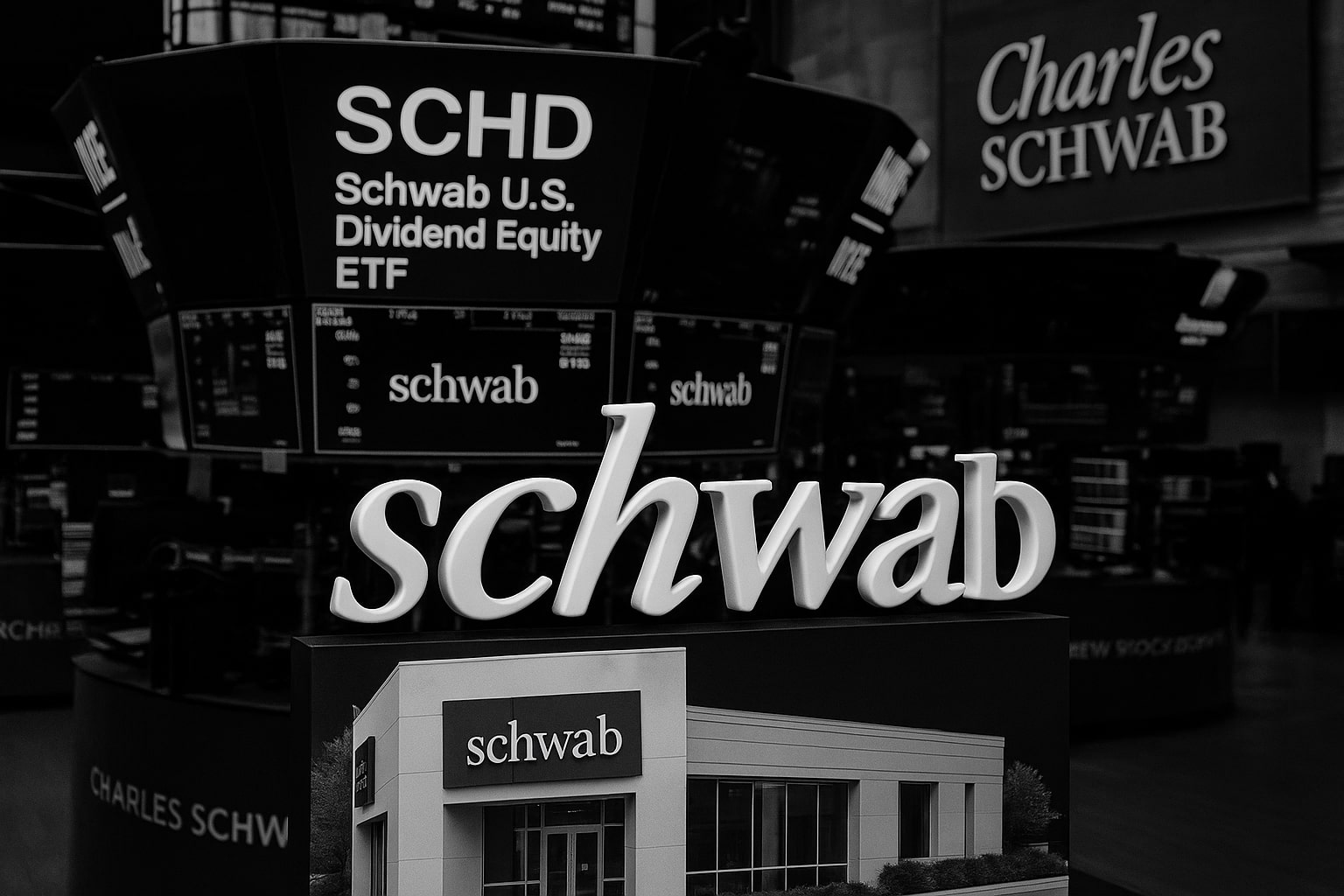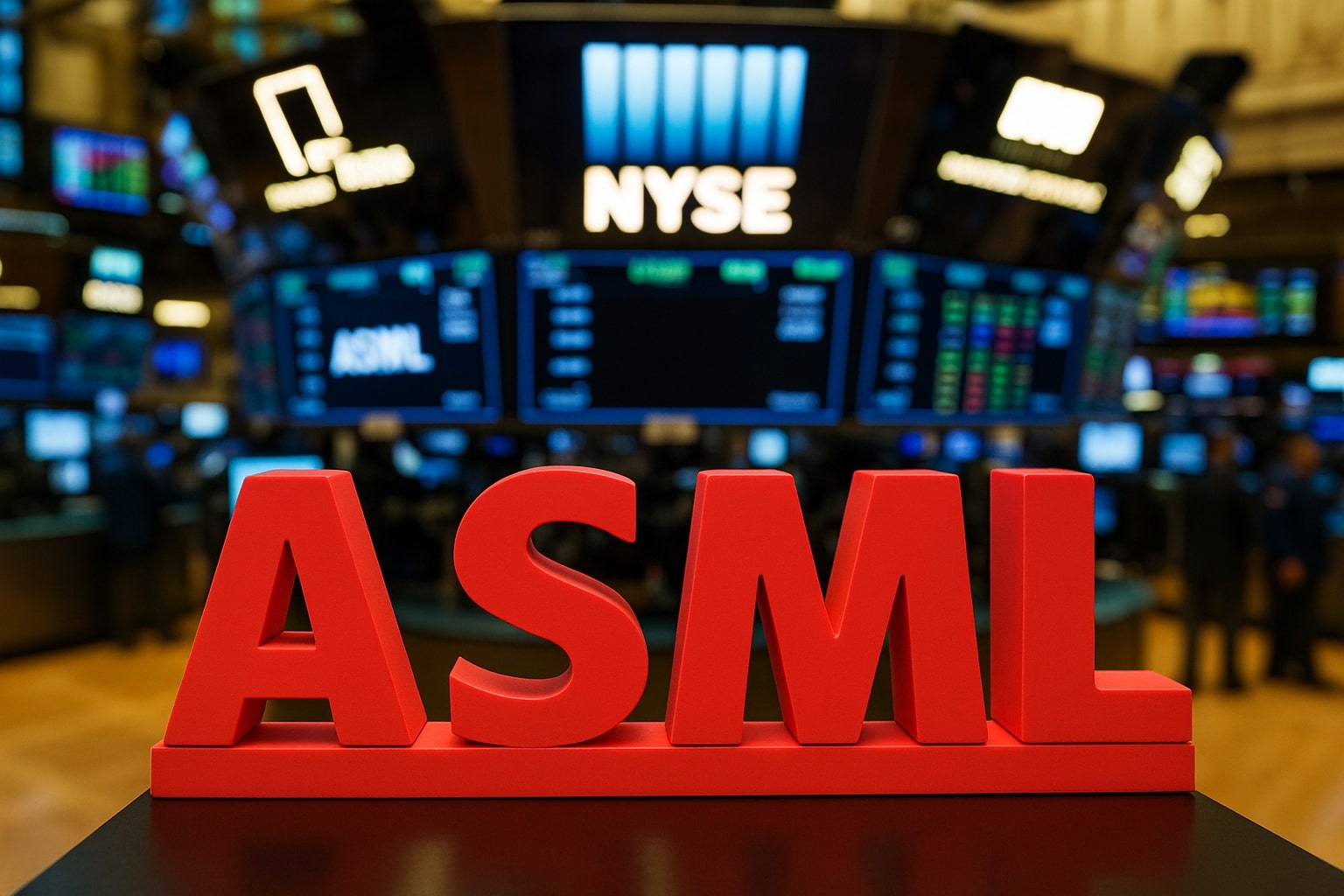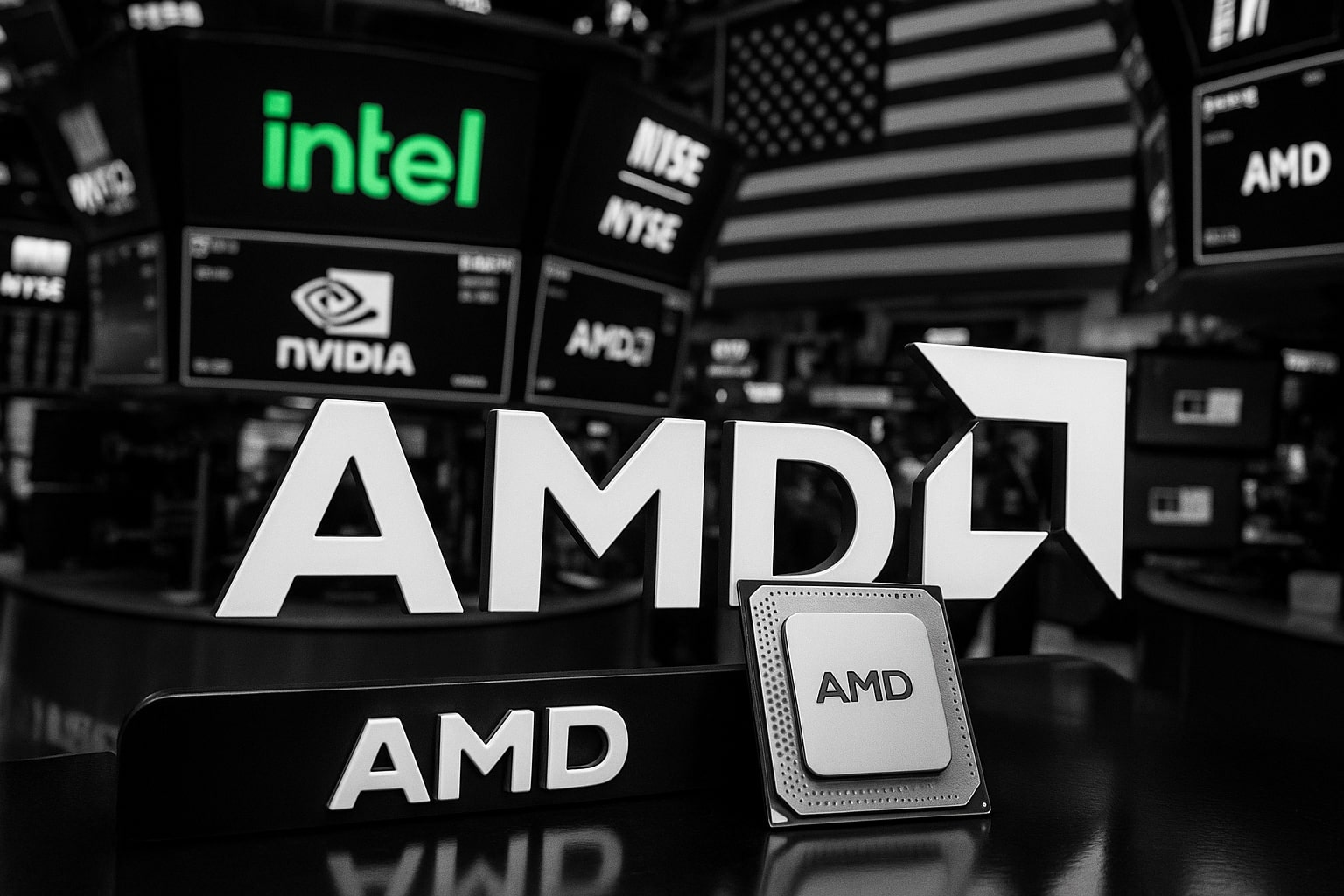
NYSE:CVS Health Stock TradingNEWS Comprehensive Analysis
Dive into an in-depth analysis of CVS Health Corporation's stock performance, market trends, valuation, and strategic direction in the healthcare sector | That's TradingNEWS
NYSE:CVS Health Corporation Financial Snapshot
Market Overview
At the close of the market, NYSE:CVS recorded a price of $65.67, marking a 0.77% increase. However, the after-hours trading saw a minor dip of 0.02% bringing it to $65.66. With a previous close at $65.17 and a trading range of $65.39 - $65.95 on the day, CVS showed resilience. Over the last 52 weeks, the stock has ranged between $64.62 and $104.83. With a market cap sitting at $84.347B, CVS continues to be a significant player in its sector. Check the real-time chart here.
Trading Volume & Capital Structure
CVS saw a trading volume of 6,284,373, somewhat below its average volume of 9,367,896. The beta, a measure of stock's volatility in comparison to the overall market, stands at 0.61 for the last five years, suggesting that CVS is less volatile than the market average.
The company possesses an enterprise value of $149.60B. A snapshot of its valuation ratios include:
- Trailing P/E: 29.99
- Forward P/E: 7.63
- PEG Ratio (5-year expected): 2.17
- Price/Sales (ttm): 0.25
- Price/Book (mrq): 1.16
Analyst Forecasts
For the current quarter (Sep 2023), analysts project an average earnings per share (EPS) of $2.13. This expectation demonstrates a potential growth compared to the EPS of $2.09 from the same quarter a year ago. Meanwhile, revenue estimates for the current quarter stand at an average of $88.24B, marking an anticipated year-on-year growth of 8.70%.
The earnings history also presents a positive picture, with CVS outperforming estimates in the last four quarters. The surprise percentage ranged from 3.60% to 5.30%, suggesting a consistent performance by the company.
Shareholder Composition
A notable 79.85% of CVS's stock is held by institutional investors. On the other hand, insider holdings constitute a minor 0.18% of the total shares. As of August 14, 2023, the number of shorted shares stands at 18.39M, making up 1.43% of the shares outstanding.
Dividend Analysis
CVS's forward annual dividend rate is $2.42, translating to a yield of 3.69%. Over the past five years, the company maintained an average dividend yield of 2.82%. Interestingly, the payout ratio is 105.48%, implying that CVS currently pays out more in dividends than it earns in net income.
Financial Health
In terms of profitability, CVS reported a profit margin of 0.83% and an operating margin of 4.17% for the trailing twelve months (ttm). The management effectiveness ratios, return on assets (3.67%) and return on equity (3.81%), provide insights into the company's ability to generate profit from its assets and equity respectively.
A look at the balance sheet reveals total cash reserves of $16.89B and a total debt of $82.14B. This results in a debt-to-equity ratio of 112.51%, indicating a relatively high level of debt compared to equity. However, with an operating cash flow of $20.52B and a levered free cash flow of $18.01B, CVS seems to be in a position to manage its obligations.
NYSE:CVS: The Healthcare Conglomerate in Focus
CVS Health's Vertical Integration and Its Challenges
CVS Health, with a stock decline of 22% in 2023, is more than just a retail pharmacy. This vertically integrated healthcare conglomerate uses its retail presence to enhance the growth of its interrelated enterprises. Notably, the potential downfall of its pharmacy benefits management (PBM) business might be a concern for investors. With the responsibility of determining the accessibility of prescription drugs for health plan members, CVS Health's PBM, boasting 110 million members as of June, is the largest in the US. Its large member base has given it the power to negotiate significant rebates from drug manufacturers. However, plan sponsors now desire a more considerable portion of these rebates, indicating possible challenges ahead.
Recent Analyst Rating and Stock Performance
On September 1, 2023, Jessica Tassan from Piper Sandler gave CVS Health an Overweight rating, adjusting the target price from $85 to $82. While no specific details were furnished regarding the price adjustment, this might suggest a change in the company's future outlook.
Delving deeper into its performance, CVS's stock began at $65.39 on September 1, 2023, having closed at $65.17 the previous day. The day witnessed fluctuations between $65.39 and $65.94 with a trading volume of 3,115,908 shares. When juxtaposed against the average volume over the last three months, 9,155,788 shares, this is relatively lower. As of that day, the company had a market capitalization of $86.5 billion.
Financial Performance and Growth
Despite CVS's positive revenue growth of 10.57% over the past year, its earnings growth displayed a decline of -47.27%. However, an optimistic sign for investors is the projection of positive earnings growth of 10.00% over the forthcoming five years.
Considering valuation metrics, the company's price-to-earnings (P/E) ratio stands at 29.9, suggesting investors are ready to pay $29.9 for each dollar earned by CVS. Additionally, its price-to-sales (P/S) ratio is at 0.38, indicating an investment of $0.38 for each dollar of the company's sales. Meanwhile, the price-to-book (P/B) ratio for CVS is positioned at 1.23.
Comparison in the Retail Trade Sector
To provide a broader perspective, other companies in the retail trade sector also witnessed changes on September 1. While Walgreen (WBA) observed a decline of -6.56%, Petmed Express Inc (PETS) saw an increase of 1.60%.
Forward Look
With its next earnings report scheduled for November 1, 2023, CVS has set analysts' expectations at an earnings per share (EPS) of $2.17. Furthermore, with an annual revenue of $322.8 billion in the past year, the company garnered a net profit of $4.1 billion, translating to a net profit margin of 1.29%.
CVS Health's Long-Term Growth Prospects
Despite recent challenges, CVS Health Corp continues to be a beacon for investors. A median target price of $90.45 and a consensus to buy the stock among 27 investment analysts indicate a positive trajectory. The company's strong financial credentials, coupled with an earnings per share of $2.17 and a sales figure of $87.5 billion, reinforce the positive sentiment. CVS Health Corp's strategic position in the healthcare sector and its innovative foray into digital health solutions underline its growth potential.
Challenges and the Road Ahead
CVS's share price has experienced turbulence due to the loss of a vital contract with Blue Shield California. Despite efforts by management to shift CVS towards a more holistic, value-based healthcare model, unexpected costs in Q2 2023 have counteracted revenue growth. This business transformation indicates that CVS may require 2-3 years for a seamless integration, suggesting potential share price issues in the near future.
Strategic Evolution
CVS Health's recent endeavors, such as the acquisition of Oak Street Health and Signify Health, emphasize its ambition to reinvent and innovate. With a commitment of $20 billion, CVS aims to cater to its 3.4m Medicare Advantage members, taking a notable risk in this sector. As CVS navigates these transformative waters, investors eagerly await its financial results on November 1 to gain deeper insights into the company's future.
Link: Real-time chart for NYSE:CVS
NYSE:CVS Share Price Turbulence and Loss of Blue Shield California Contract
It's no secret that NYSE:CVS has faced a considerable headwind with the recent loss of a significant contract with Blue Shield California. This loss serves as a pivotal point of inflection for the company, which has been struggling to maintain equilibrium in its share price. The magnitude of such a contract loss cannot be understated, given the centrality of major partnerships in the healthcare sector.
Transitioning Towards a Value-Based Healthcare Model
As part of a strategic pivot, CVS management has embarked on a journey to shift the company's operational paradigm towards a more holistic, value-based healthcare model. The intent behind this is clear: to create a sustainable, patient-centered ecosystem that prioritizes health outcomes over the sheer volume of services rendered. Such transitions are by no means facile, often demanding substantial investments, both in terms of capital and time.
Q2 2023's Unexpected Costs: A Speed Bump on the Road to Transformation
However, as with many transformations, there are unforeseen challenges. The second quarter of 2023 bore witness to this, as unexpected costs emerged, weighing heavily on the company's financials. Instead of the anticipated revenue growth – a pivotal metric for any company undergoing significant changes – CVS encountered a fiscal setback. Such unanticipated costs can be attributed to various factors, ranging from integration challenges, recalibration of the company's technological infrastructure, to the cost of training and retraining employees in line with the new model.
A Longer Road to Integration than Anticipated
This complex tapestry of factors leads to a broader conclusion: the integration of CVS's new model might take longer than initially estimated. With the current trajectory, speculations hint at a 2-3 year timeline for a seamless melding of the company's transformed vision with its operations. For investors and stakeholders, this suggests a period of uncertainty and potential volatility concerning NYSE:CVS's share price.
The Future for NYSE:CVS
Though the present scenario poses challenges, it's imperative to discern between short-term hiccups and long-term potential. With the shift towards a value-based healthcare model, CVS aims to position itself as a healthcare powerhouse, emphasizing genuine patient value and outcomes. Such models have proven successful for various players in the healthcare arena.
Conclusion Analysis of NYSE:CVS Health Corporation
Market Overview & Performance:
NYSE:CVS showcased a modest growth, with its closing price at $65.67, an uptick of 0.77% from the previous close. However, despite the recent rally, the stock has plummeted 22% in 2023. With a significant 52-week range, the stock demonstrates potential for considerable price movement. For a more nuanced understanding of the stock's trajectory, investors are encouraged to consult the real-time chart available here.
Trading Metrics & Valuation:
The trading volume for CVS was below its average, hinting at subdued trader interest or potential consolidation. Despite its relatively low volatility (beta of 0.61), its valuation ratios, particularly the forward P/E of 7.63, suggest that the market anticipates a bright future for the company.
Analyst Forecasts & Financial Health:
Analysts project a promising earnings growth for CVS in the upcoming quarter, continuing its streak of outperforming earnings estimates. However, the company's dividend sustainability is in question, with a payout ratio exceeding 100%. Though CVS's debt-to-equity ratio may raise eyebrows, its substantial cash flows appear to afford the firm a cushion against potential financial shocks.
CVS’s Position in Healthcare & Challenges:
As a vertically integrated healthcare giant, CVS has been leveraging its extensive retail network to fuel growth. However, upcoming challenges, particularly concerning its PBM business and the renegotiation of drug rebates, might present headwinds. Notably, the loss of the pivotal Blue Shield California contract can be seen as a significant setback.
Recent Analyst Ratings & Stock Performance:
Jessica Tassan's Overweight rating, even with a slight price target reduction, is an implicit nod to CVS's resilience and potential. While recent stock performance has seen some turbulence, the market capitalization remains robust, signifying investor confidence.
Comparative Analysis:
Within the retail trade sector, CVS's recent performance seems more stable when compared to significant players like Walgreen. Investors must remain vigilant, taking note of sector-wide movements, as these can influence individual stock trajectories.
Forward Projection & Growth Prospects:
While CVS has shown commendable revenue growth, its earnings growth witnessed a downturn. Nonetheless, projections for the next five years are optimistic. Their strategic investments in digital health and endeavors like Oak Street Health and Signify Health reflect an ambitious growth roadmap.
Challenges & Strategic Evolution:
CVS's journey towards a value-based healthcare model is laudable, yet laden with challenges. Unexpected costs in Q2 2023 and potential extended integration timelines have cast shadows of doubt on the near-term stock performance. Nevertheless, with a massive commitment towards Medicare Advantage members and a clear vision for the future, CVS seems poised for a transformative journey, the outcome of which will be keenly observed come November 1.
Final Verdict:
For NYSE:CVS, the crossroads of challenges and opportunities is evident. Short-term headwinds, like the loss of key contracts and unexpected costs, might deter some investors. However, the company's strategic moves, projected earnings growth, and the undervalued forward P/E ratio offer an enticing proposition for long-term investors.
Recommendation: HOLD, with a keen eye on forthcoming financial announcements and the evolution of the company's value-based healthcare model.
That's TradingNEWS
Read More
-
SCHD ETF Holds Ground With 3.6% Yield as Dividend Investors Eye Stability Over Growth
15.10.2025 · TradingNEWS ArchiveStocks
-
Ripple XRP (XRP-USD) Steadies at $2.43- SEC Shutdown Freezes ETF Decisions, Inflows Hit $61.6M
15.10.2025 · TradingNEWS ArchiveCrypto
-
NG=F Falls to $2.99 as Record Supply Outpaces Demand Despite 16.9 Bcf/d LNG Exports
15.10.2025 · TradingNEWS ArchiveCommodities
-
USD/JPY Price Forecast - Yen Weakens to 151.30 Amid Dollar Selloff
15.10.2025 · TradingNEWS ArchiveForex


















